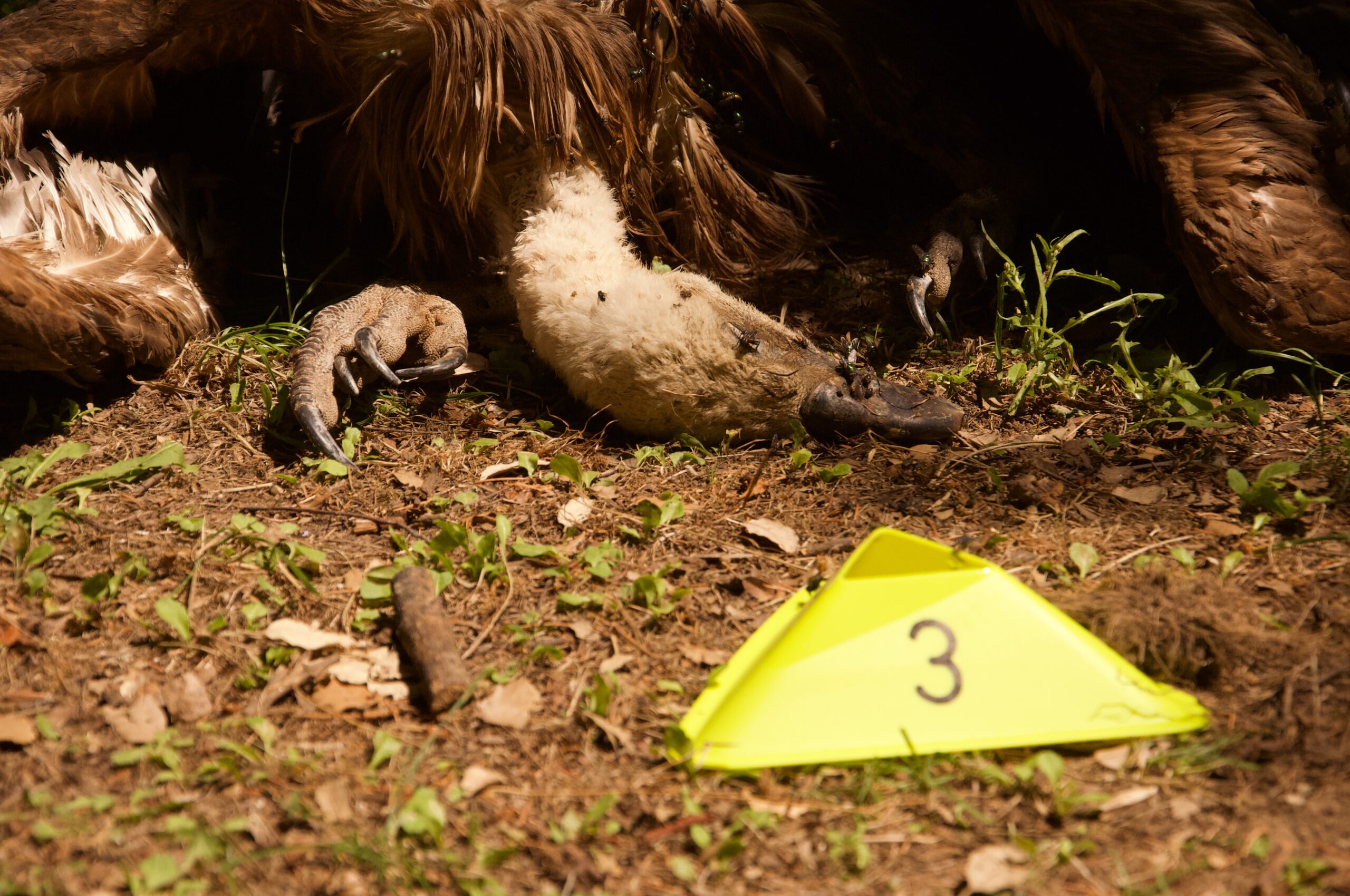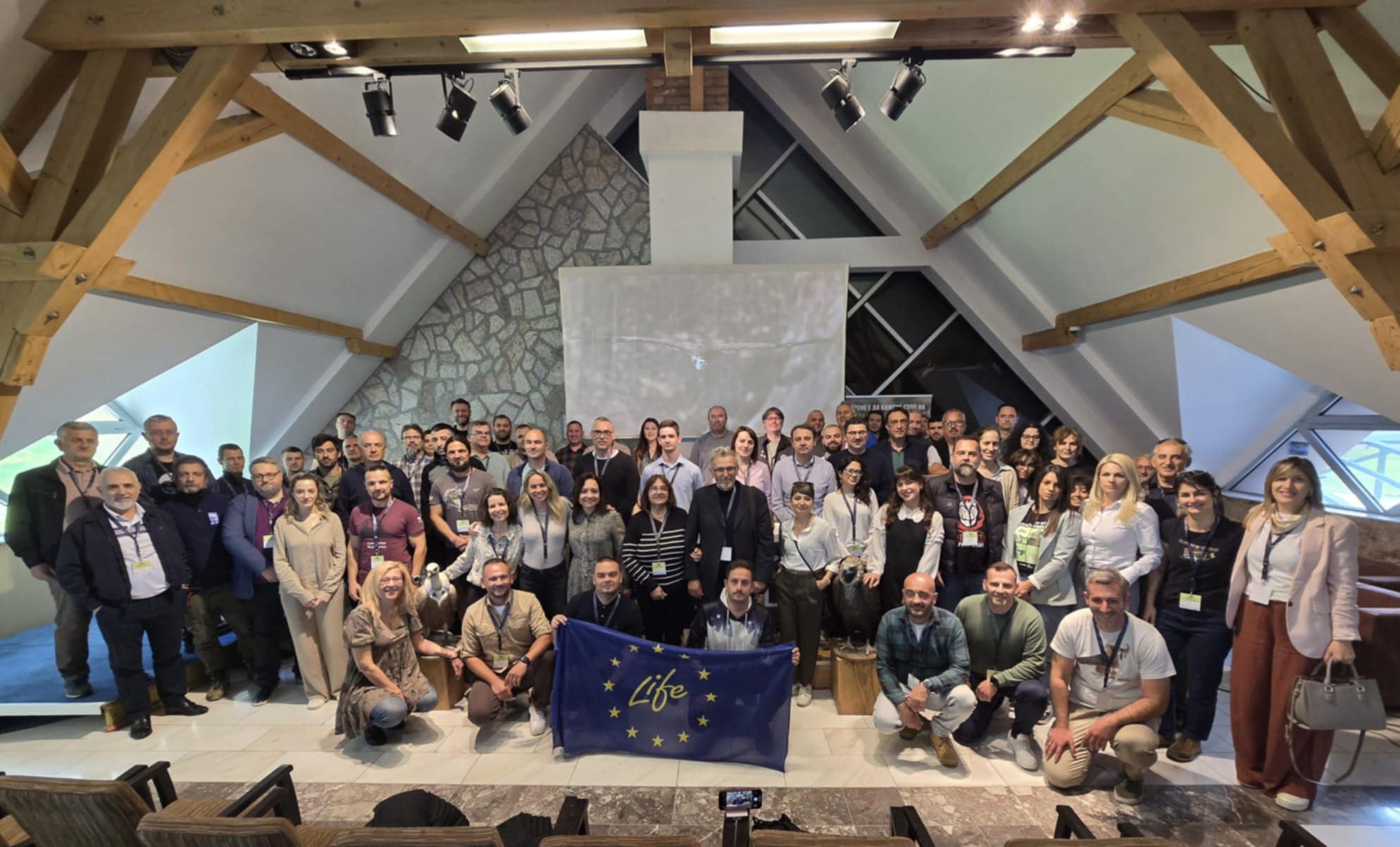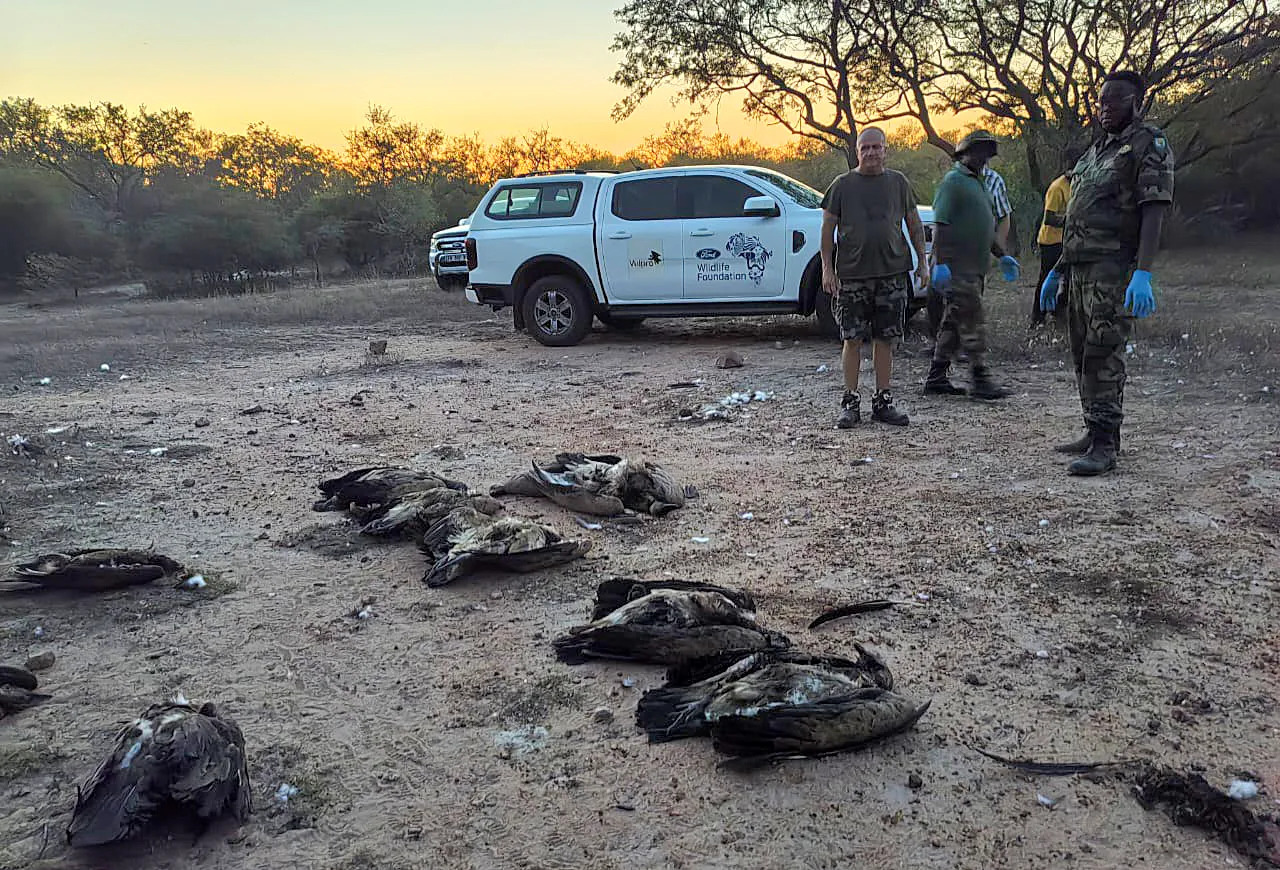In the latest of our series of workshops for the Balkan Anti-Poisoning Project we report from the meeting held in Croatia, following workshops in Albania and Macedonia.
A meeting with national governmental authorities, responsible for processing incidents related with wildlife poisoning was organized within the Balkan Anti-Poisoning Project (BAPP) on the Tuesday 29 May in Zagreb by our colleagues from Association BIOM/BirdLife Croatia. Some of the most important stakeholders attended the meeting, including representatives from the Ministry of Environment and Energetics, Environmental Inspectorate, Croatian Agency for Environment and Nature, Ministry of Agriculture-Directorate for forestry and hunting, Centre for Forensic Research (within the Ministry of Internal Affairs), Veterinary Institute, Hunting Association of Croatia, Public Institution “Priroda” and Croatian Society for Protection of Birds and Nature. Like the previous meetings held within the BAPP, this meeting aimed at establishing a clear picture about the existing gaps and obstacles in preventing, reporting and legal proceedings of poisoning incidents, and more importantly establishing a National Anti-Poison Working Group, which will actively work on the preparation of a national road-map against wildlife poisoning. Through intensive and detailed debates, existing gaps in the investigation and legal proceedings of poisoning incidents were identified, with concrete recommendations made.
Anti-poisoning efforts in Croatia
It is important to note that significant conservation efforts in Croatia related to vultures have been made in the past by national NGOs. Poisoning incidents are well documented in the country, by both relevant governmental institutions and several national NGOs, drivers and stakeholders clearly identified, as well as most commonly used toxic substances for wildlife poisoning. A specific driver for poisoning in Croatia, in comparison to other Balkan countries, is the significant damages that introduced (allochthone) game animals (wild boars) inflict on livestock on several islands and it poses the most important threat for the existing Griffon vulture population in the country. During the course of the meeting we’ve managed to identify the most important gaps that will need to addressed in order to improve the situation for vultures in Croatia.
Future direction
Croatia has good legislation in place and significant human capacities and expertise within relevant authorities and enforcement agencies. However, more efficient and clear protocols describing responsibilities in reporting, investigating and prosecuting cases of wildlife poisoning need to be developed and distributed within all responsible institutions to precisely define competences of each agency within national legislation, and avoid overlaps. Also, some efforts have to be made in order to improve communication and facilitate information change between institutions. Educational and awareness raising campaigns targeted at general public and governmental institutions on all levels of enforcement was also identified as one of the priority actions that needs to be implemented. With positive and very concrete feedback that we’ve received from the meeting, we strongly believe that much better days are coming for vultures in Croatia.
Illegal poisoning
Poisoning has been recognised as the single most important threat that vulture populations are facing worldwide within the Vulture MsAP, a crucial strategic document for conservation of Old World vultures, approved by the Convention for Migratory Species (CMS) last year. The BAPP, a vital component of the Mediterranean Anti-Poisoning Project (MAPP), funded by the Mava Foundation and spearheaded by VCF, directly contributes to implementation of the MsAP in the region.
The Balkan Anti-Poison Project
The Balkan Anti-Poison Project is an integral part of the Mediterranean Anti-poison project funded by the Mava Foundation and coordinated by VCF, and aims to to develop national anti-poison road maps in five countries (Greece, Macedonia, Albania, Bosnia & Herzegovina & Croatia).






